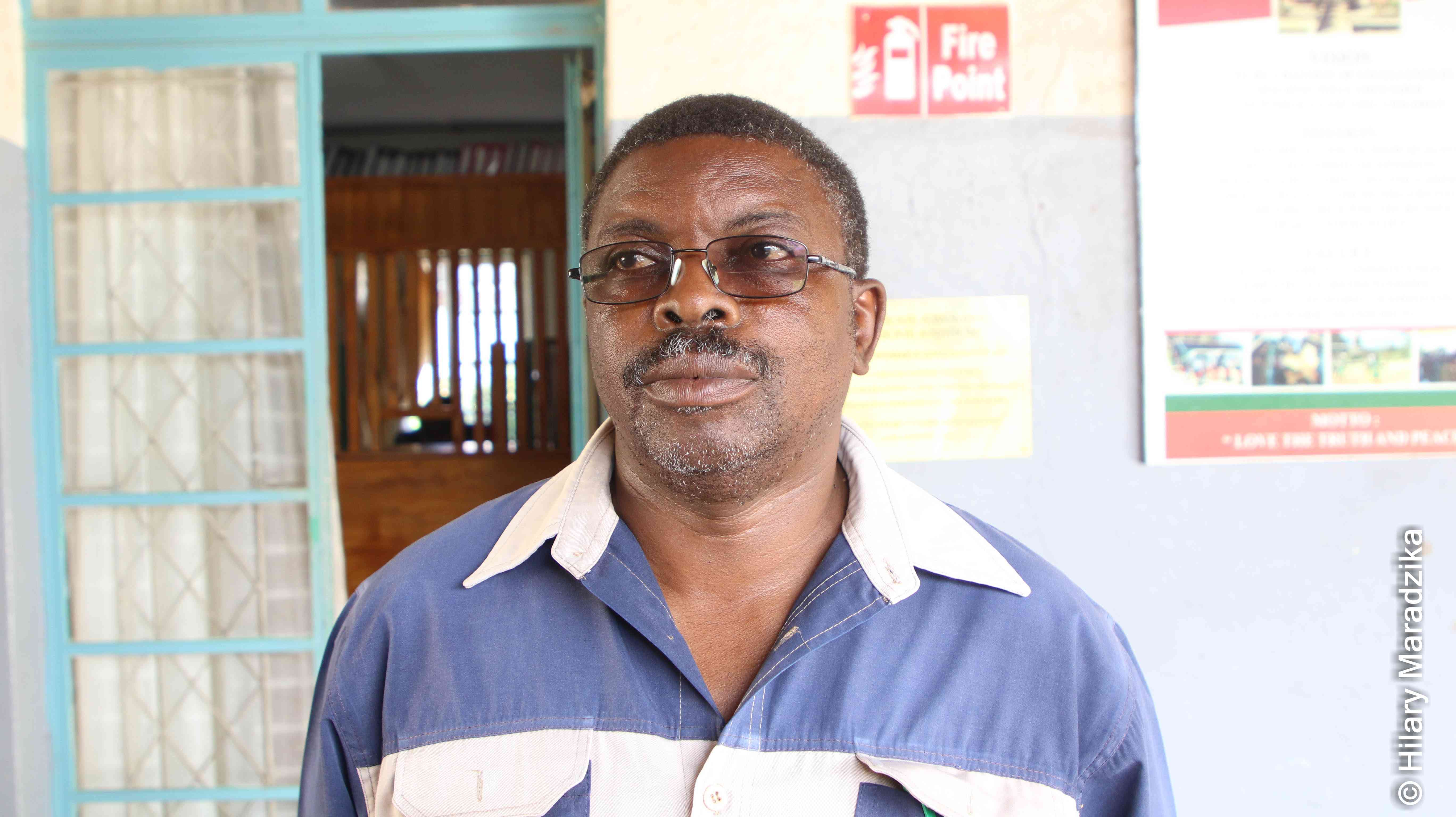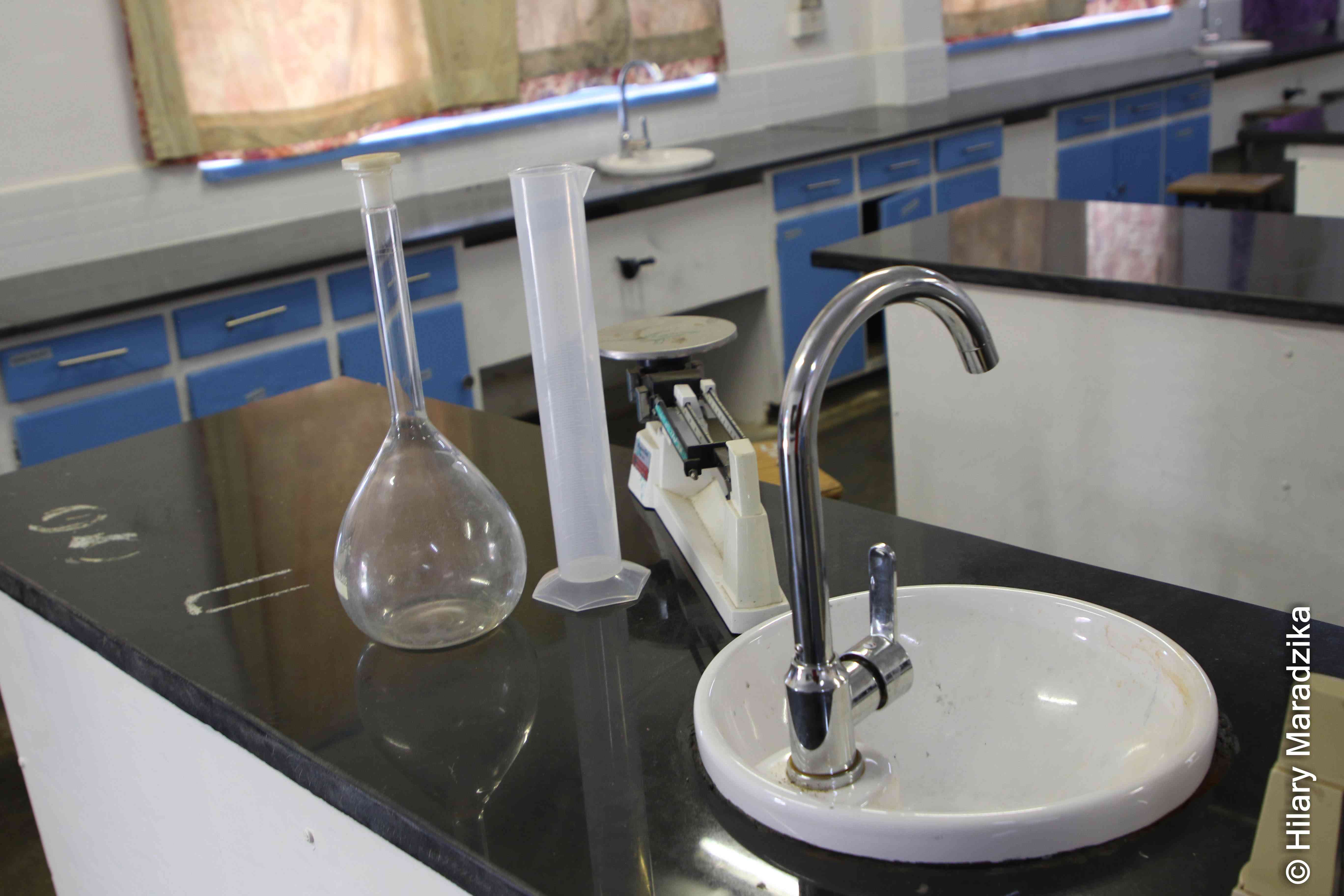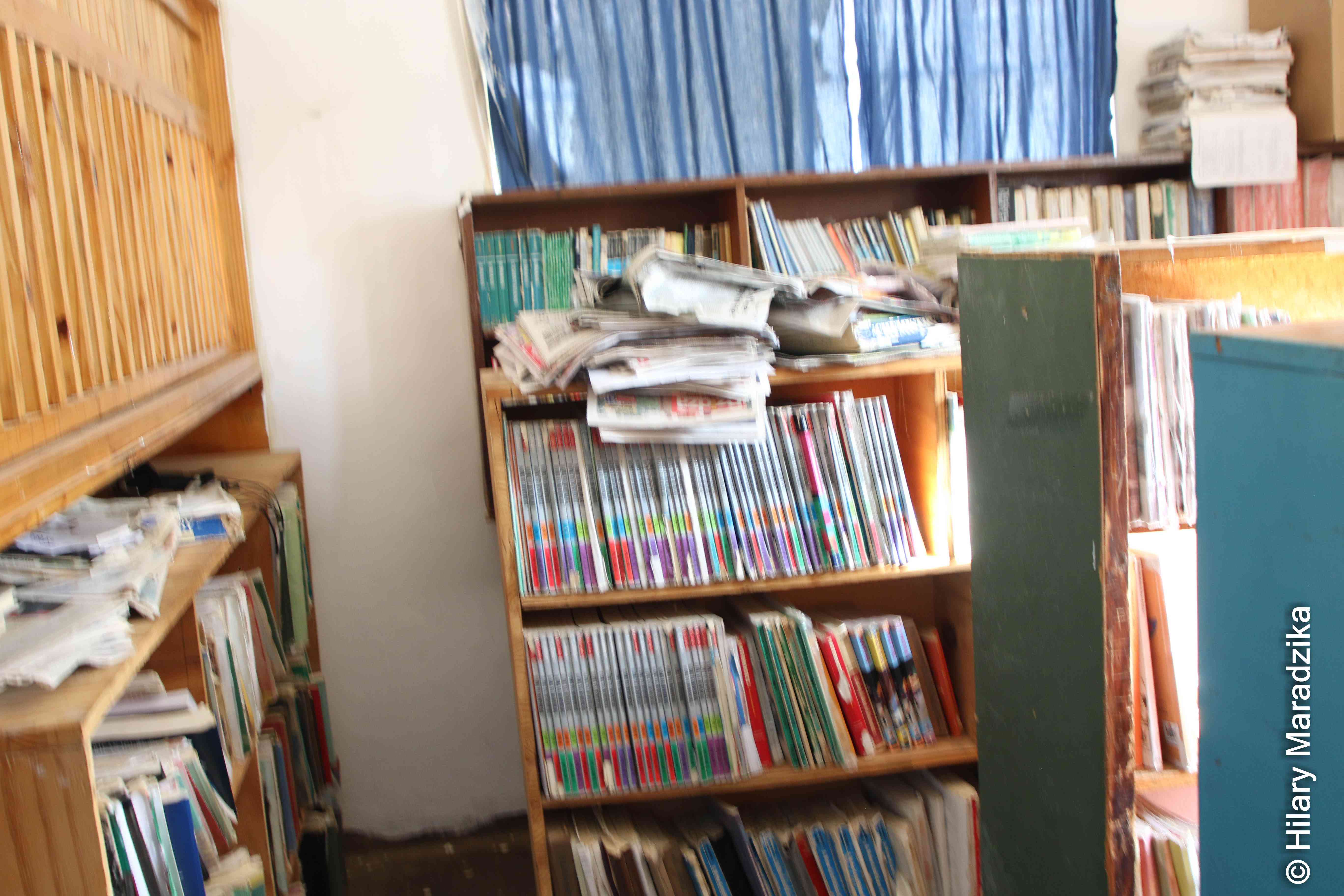
A time existed when communities had a cardinal rule; boys should get better opportunities than girls. In cases where resources were scarce, privileges were naturally given to the male child, while the female one was reserved for marriage.
“They belonged to the kitchen,” someone once said.
Even in medieval ages, few legal rights were accorded to women; a male figure had to own her as they would household property and other belongings.
But when a group of Anglican Sisters gathered in 1961 to create a school for disadvantaged girls, fortunes changed for good insofar as availing opportunities for educating girls are concerned.

Indeed the school has proved to be a trailblazer in education, producing notable ‘bullets’ which include the likes of public health advisor to the president and cabinet, Agnes Mahomva.
Located in Juliasdale, Mutasa district in Manicaland province, St David's Girls High School, Bonda has educated close to 20 000 girls since inception.
“Bonda is special because it caters for the girl child across Zimbabwe,” the school head Caston Samanga said.
“We have been churning out girls from this school, who have entered various fields of industry and even in education.
“Parents should choose Bonda because we do our best in making sure that we produce a well-polished and rounded girl child who is also good at life skills and soft skills and fit well in any community across the world.”
Samanga said the school's mandate was to break barriers, demystify myths and to raise awareness, especially to fathers, of the potential the girl child has in a largely patriarchal society.
“The role of the school is to make parents aware of the potential that the girl child has especially in a society which is patriarchal which has marginalised the girl child almost as a culture and it is important to us to educate our parents, especially fathers to realise the importance that the girl child has not only in family and nation building but in the entire development at global level.
"This is why we have tried to make our fees affordable so that every girl child has access to quality education so that they can excel in life.”
The school head said both boys and girls have equal responsibility to contribute to the economy of the country and a culture of hard will cascade down even the families some of the girls will have.
The Only School as they call it, usually maintains a passrate of 100% at Advanced level. For Ordinary Level, the passrate ranges between 98% and 99%, but in 2022 the school broke the record by attaining a 100% passrate, a first of its kind achievement.
The deputy head, Sekayi Musanhu believes as a female leader she serves multiple roles, to inspire young girls that the world is full of endless possibilities, to encourage them to take up STEM subjects and to lead in the day-to-day running of the school.
“I stand to remind girls that women can occupy same positions as men and with the same ability to excel,” she said.
“We are promoting STEM through offering compulsory uptake of subjects like mathematics, computers and sciences starting from junior level and at form three out of four streams; we give three classes pure sciences.
“In our effort to strengthen our science department, we have renovated our laboratories to match international standards, thus the facilities available allow our girls to excel to greater heights in STEM subjects.”
The school is also an accredited Cambridge examinations centre.

Musanhu said the schools boast of an ever ending footprint of producing leader girls who have excelled internationally, and the mission is not complete until equal opportunities have matched
David Makwerere a parent with two girls attending school at St David's High and has experience in teaching at tertiary level said there has been positive developments relating to opportunities available for the girl child.
Makwerere said young girls are finding themselves into tertiary institutions and a considerable number of them are pursuing STEM subjects which were previously said to be a masculine area.
“In most tertiary institutions, girls are outnumbering the number of boys,” he said.
"I can speak with confidence that in the past five the percentage of girls has consistently outweighed that of boys in tertiary institutions," he said.
“This goes back to how over the years we have seen a deconstruction of the popular myth that the place of girls is at home than in the industry and institutions of higher learning and that is quite encouraging.
“The message has to be taken far and wide so that even those communities that have not responded well can find encouragement in the perfomance of the girl child that has been given opportunities because they have been flying high and they continue to excel.”
According to the Zimbabwe school examinations council, out of the 372,603 candidates who sat for the 2023 Grade 7 examination, “193,520 were girls, demonstrating not only superior performance but also higher participation compared to the 179 083 boys.
The standout trend is the exceptional performance of girls, who achieved a 49.56% passrate, surpassing their male counterparts at 41,21%.

Many organisations, including the United Nations Population Fund (UNFPA) have encouraged governments to support education for girls.
"Investing in girls' education yields remarkable returns, including improved health outcomes, reduced poverty rates, and increased gender equality," UNFPA says.
“It is essential that governments and stakeholders prioritise education funding, eliminate gender-based barriers to schooling, and provide safe learning environments for girls everywhere.”











